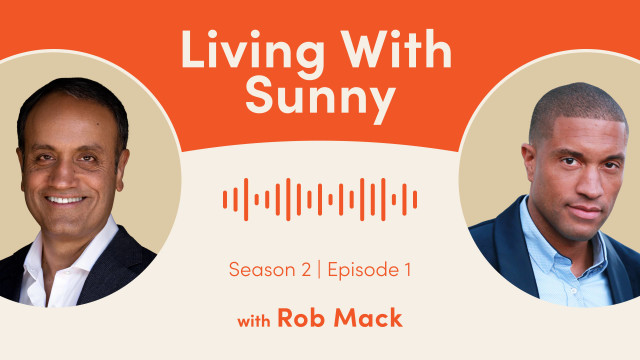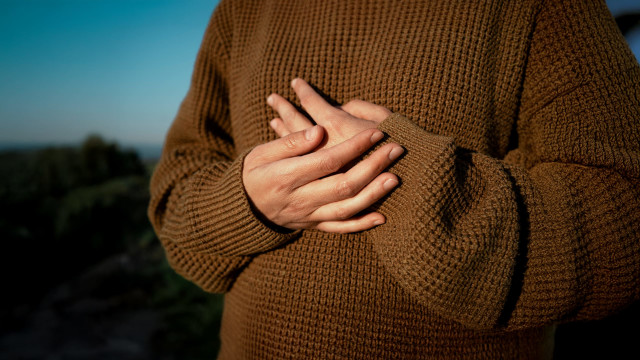Wholistic Wellbeing and the Joy of Giving

Christmas, Hanukkah, Diwali, Kwanzaa – whatever tradition you celebrate, particularly during this festive year-end season – the common thread is an emphasis on giving and receiving. Most religions have festivals that celebrate the act of giving which nurtures generosity and gratitude in its adherents. Sadly, we often forget the deeper meaning and significance of giving, especially as it becomes more and more commercialized.
How can we rekindle the root of giving? Wholistic Wellbeing provides a possible answer in the form of Spiritual Wellbeing: its eighth and final pillar. Spiritual Wellbeing feels essential to me because it serves to highlight our commonalities: in our secularized society, it’s easy to forget that modern civilizations were shaped by religion, sacrament and rituals for centuries. And while our break from institutionalized religion has brought many benefits, an unfortunate byproduct has been the loss not only of faith, but of a wider spiritual awareness and sensitivity.
And it’s that loss of spiritual sensitivity which, I think, has glossed over the true beauty of the act of giving and given it a corporate makeover. The act of giving has been hijacked by a distinctly capitalist form of competition, with a prize awarded to whoever can afford the most expensive and impressive gift.
What, then, is the “true” act of giving? It’s about looking and listening; appreciating those around us; realizing we are not islands and that we have an important role in edifying the caring society that so many yearn for. Buying a new watch for your husband for Christmas or a pearl necklace for your wife does not amount to giving – even if they do come from Rolex or Chanel. That’s not what the “Christmas spirit” is about. Giving is a more humble and mindful experience, and the joy of giving flows from that mindfulness.
Giving is not tied to the value of an object; rather, its meaning is imbued with the memories shared between those who give and those who receive. No cultural festival illustrates this better than Kwanzaa, named after the Swahili phrase: matunda ya kwanza, meaning "first fruits.” This beautiful African-American celebration, observed from December 26 to January 1, adapts the sacrificial ceremony practiced by the Nguni peoples in Southern Africa, during which they would offer the first fruits in a harvest to God of the gods believed to be responsible for the abundance of food. The seven principles of Kwanzaa – unity, self-determination, collective work and responsibility, cooperative economics, purpose, creativity, and faith – highlight the act of giving is not a financial and emotional transaction, but rather a collective appreciation of the bonds between us and the memories we share with our loved ones.
So, this holiday season, on top of the material presents you planned to give, give love and kindness to those around you and to yourself.







